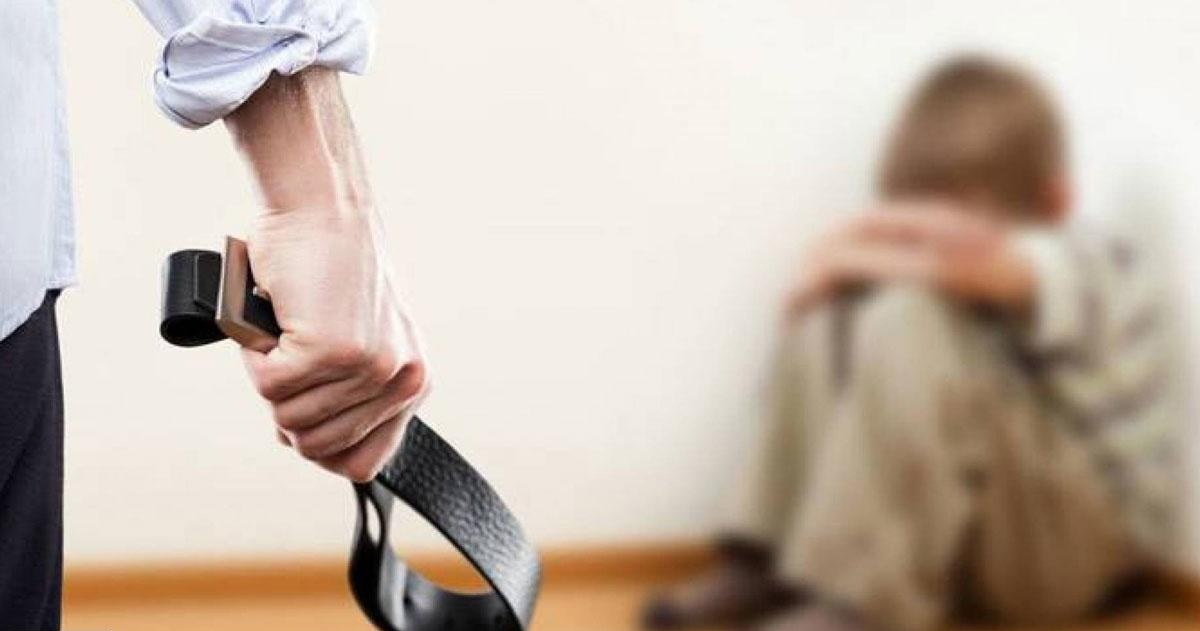RIO DE JANEIRO, BRAZIL – At least 5,000 children in the São Paulo capital suffered some form of domestic violence during the quarantine caused by the Covid-19 pandemic. The data are from the city hall, under the administration of Bruno Covas.
According to Berenice Maria Giannella, Municipal Secretary of Assistance and Social Development, the figure has been recorded by the Municipal Health Secretariat based on care in health units or hospitals since March, when the quarantine was implemented in the state of São Paulo and the schools were closed, keeping children at home longer.
Schools began to reopen in the capital earlier this month for some activities. The return to school will occur on November 3rd, but only for high school, that is, for teenagers.

“When it involves a suspicion of violence, the assistance must be notified to the Health Secretariat,” says Maria Giannella. According to the Secretary, cases of violence against children identified in the city involve both physical and psychological abuse.
“We suspected that this could occur during the pandemic because much of all violence against children and adolescents in Brazil is practiced within the family,” she says, adding that violence against women is also on the rise.
In an attempt to mitigate the problem, one of the alternatives was the reopening of the CCAs (Child and Teenager Centers), administered by the Municipal Department of Assistance and Social Development, which were closed because of the pandemic.
The CCAs, which receive children age 6 to 14 years and 11 months after school, are intended for those who live in socially vulnerable situations, with cultural and sports activities. There is also room for social interaction.
The Youth Centers, a service similar to the CCAs, but for teenagers aged 15 to 17 years and 11 months, will also reopen as of this week.
Berenice explains that there are 465 CCAs spread throughout the São Paulo capital, 93 of which have reopened since October 7th at 20 percent capacity. “We prioritized these children identified as being in need. Not only on the issue of violence but also because parents are working away,” she says.
According to her, all CCAs will resume their activities. They are reopening as the Municipal Health Secretariat conducts tests to detect the novel coronavirus in employees and children.
Support is defined after the review of each case
The Secretariat has been analyzing case by case and deciding whether the family should be monitored more closely, with some kind of psychological support, or if the potential loss of temporary custody of the child needs to be addressed.
Secretary Berenice Maria Giannella says that assistance services have not stopped and have been conducted online. And that the funds used to feed the children have been converted into basic food baskets.
Education claims to perform unified work
The Municipal Department of Education states that it maintains contact with students with difficulties within the municipal network, in addition to children in extreme vulnerability.
“The goal is to help and assist students and families in learning at home, tackle truancy, detect vulnerabilities, and provide support and referral if students need assistance, whether it be social or healthcare. There are over 1,000 school life assistants, serving these children,” it says.
According to Mayor Covas, the project relies on support teams from the health and social assistance areas, such as psychologists, speech therapists, and social workers. The Secretariat says that in a partnership with the Liberta Institute, it has set up a website to serve teenage students who want to share their anxieties during the pandemic period (www.naapa.com.br).
According to the portfolio, the project’s development occurred after the increased request for support from children and adolescents during this social isolation period. Cases may be referred to the Guardianship Council.
Pandemic increases stress
Family relationships have suffered from the strain caused by the quarantine period, says Yuri Busin, a psychologist with a master’s and doctor’s degree in behavioral neuroscience from Mackenzie Presbyterian University.
“When identifying a case, one should denounce it, and not try to intervene,” he says. “The stress produced by the quarantine, experienced by parents and children has consequences,” explains the psychologist.
According to him, the psychological follow-up to the family can mitigate this problem. Busin says that this type of intervention can provide new concepts for parents to learn how to deal with attitudes such as “tantrums”, typical of children.
Source: Folhapress

